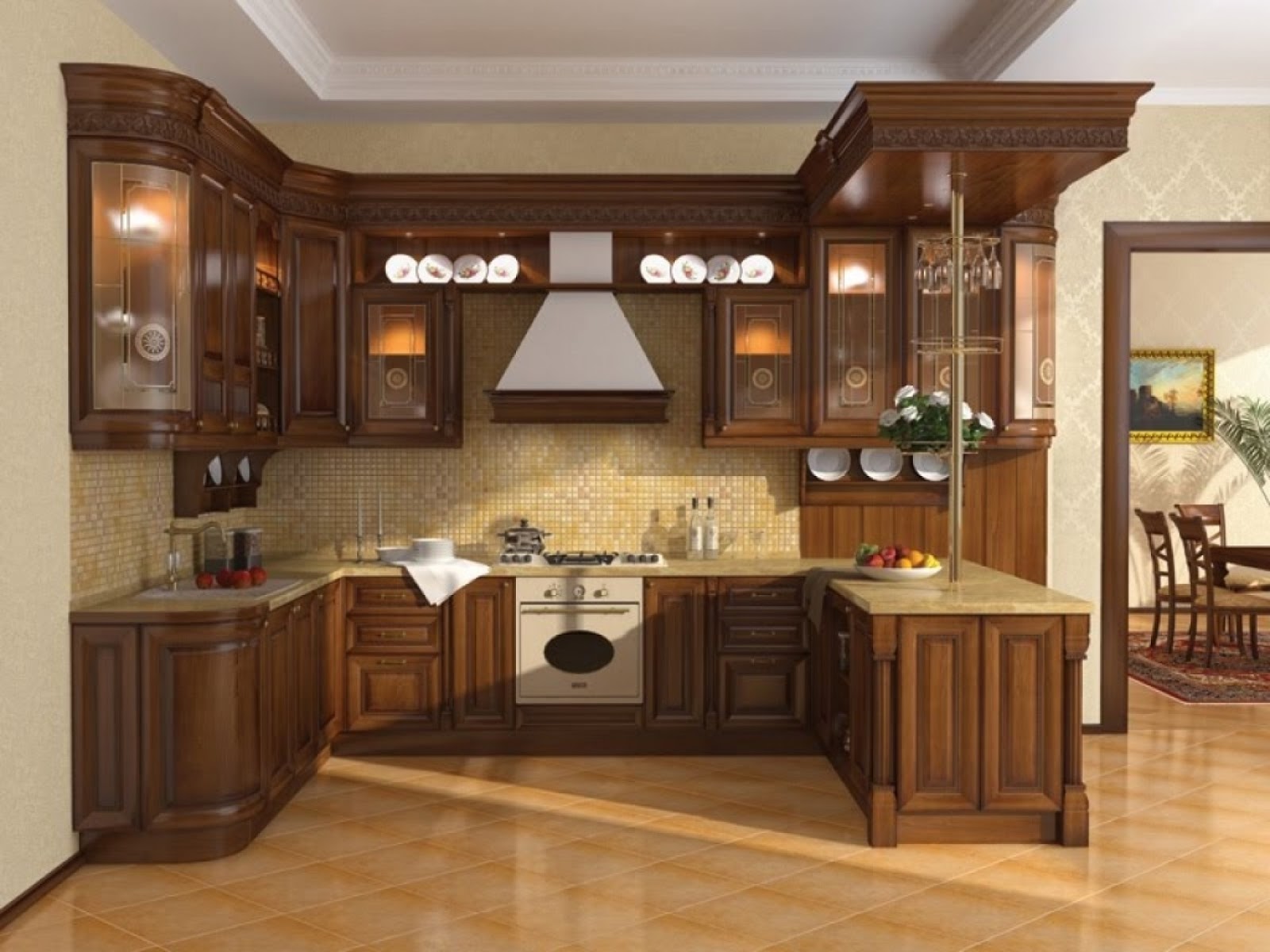Do you know the standard thickness of interior doors is important in any home design? The answer is yes! Interior door thickness has a dramatic impact on the overall look of the house and the level of security, acoustics, insulation, and more. Homeowners today must consider the thickness of interior doors for safety and aesthetic reasons. In this article, we will look at the standard door thickness and width for different house styles and also explain which one is best suited for each house. Interior Door Thickness is an important consideration when designing a home. Interior door thickness helps to filter sound and also provide improved security for those within the home. Interior door thickness is typically measured in two categories; the door jamb (frame) thickness and the door slab thickness. The jamb thickness is the width of entire door including the frame whereas door slab thickness is the thickness of the door only. Most doors have a standard single jamb thickness of 4 1/4” to 5 1/4”.Interior Door Thickness: Standard House Designs |
The interior door thickness for different house designs depends on many factors, such as the type of construction and the material used for the door. Generally, interior doors with a thickness of 1 3/8” to 1 3/4” is most suitable for a modern home. Doors that are thicker than 1 3/4” may be too heavy for the frame and hinges, resulting in them becoming warped or misaligned. Solid wood doors are usually thicker than hollow core and composite doors, making them great for modern and contemporary homes. Some solid wood doors are also thicker than 1 3/4”, making them great for exterior or patio doors. However, they may need to be supported by additional reinforcements or a wide jamb.Interior Door Thickness & Width for Different House Designs |
The standard wall thickness for different house designs is dependent on many factors, such as the type of construction, the style, and the material used. Generally, the standard wall thickness for modern homes is between 6 to 8 inches. There is no exact number as some walls may be thicker due to insulation requirements and other specific needs of the homeowner. For some older homes, the wall thickness may be much thicker. These homes may also require additional framing and support to withstand the weight and pressure from the structure. The thickness of the walls also varies depending on the type of exterior material used, such as brick or stucco.What is the Standard Wall Thickness for Different House Designs |
The standard door thickness for interior doors varies depending on the type of door, the material, and the type of trim used. Generally, the standard thickness for interior doors is 1 3/8 inches up to 1 3/4 inches. However, doors that are over 1 3/4 inches may be too heavy for the door frame and the hinges, resulting in them becoming warped or misaligned. It is also important to consider the door width when selecting the correct interior door thickness. The standard width for interior doors is 2'8", 3', and 6'. Wider doors may require thicker door slabs with additional reinforcing or wide door jambs.Standard Door Thicknesses for Interior Doors |
The interior door sizes and thickness for different house designs vary depending on the type of construction, the style, and the material used. Generally, for a modern home, the standard size of an interior door is 30” x 80” and usually has a standard thickness of 1 3/8 inches to 1 3/4 inches. However, doors with a thickness of over 1 3/4 inches may be too heavy for the frame and hinges, resulting in them becoming warped or misaligned. In terms of width, the standard door width used in houses is 2’ 8”, 3’, and 6’. Larger doors such as those used in large living rooms, rooms with multiple bedrooms, or in patio doors may require larger door slabs with additional reinforcing or wide door jambs.Interior Door Sizes & Thickness According to House Design |
The interior door thickness for different home designs is an important consideration when selecting the style for any home. Thick interior doors enhance the security, acoustics, insulation, and more. Generally, interior door thickness is determined by type of construction, the material, and the style of trim used. Thicker interior doors are typically 1 3/4 inches thick and are great for modern and contemporary homes. Thicker doors are also great for exterior doors and patio doors as they may require additional reinforcements or a wide jamb. For standard interior doors, the thickness is usually between 1 3/8 inches and 1 3/4 inches.Interior Door Thickness for Every Home Design |
Interior door thickness is an important factor when it comes to enhancing the security, insulation, and aesthetics of a home. The thickness of interior doors can vary depending on the type of construction, the material used, and the style of trim. Generally, interior doors are between 1 3/8 inches and 1 3/4 inches thick. Thicker interior doors, such as those that are over 1 3/4 inches are great for exterior doors and patio doors as they may require additional reinforcements or a wide jamb. It is also important to consider the door width when selecting the correct interior door thickness.Interior Door Thickness: Guidelines for Every Home Design |
Interior door thickness is an important factor when selecting the style for any home. To ensure the security, insulation, and aesthetics of your home, it is important to consider the thickness of interior doors when deciding the type of construction, the material used, and the style of trim used. Generally, the standard interior door thickness for different house designs is between 1 3/8 inches and 1 3/4 inches. Thicker interior doors are usually used as exterior or patio doors and may require additional reinforcements or wide door jambs. The width of interior doors also varies, with the standard door widths being 2'8", 3' and 6'.Interior Door Thickness for Different House Designs |
Which door thickness is best for different house designs is determined by the type of construction, the material used, and the style of trim. Generally, thicker interior doors, such as those that are over 1 3/4 inches are great for exterior doors and patio doors as they may require additional reinforcements or wide jamb. For standard interior doors, the thickness is usually between 1 3/8 inches and 1 3/4 inches. When selecting the door thickness, it is important to consider the type of construction, insulation, soundproofing, and the aesthetics of your home. Thicker exterior doors are great for providing an enhanced level of security and insulation while thinner doors provide more natural light. Larger exterior doors will also require wider door jambs and additional reinforcements.Which Door Thickness is Best for Different House Designs |
Interior door thickness and material selection for different house designs depends on many factors, such as type of construction, insulation, soundproofing, and the aesthetics of your home. Generally, interior door thickness is between 1 3/8 inches and 1 3/4 inches. Thicker doors are usually used for exterior or patio doors and often require additional reinforcements or a wide jamb. The material used for the interior and exterior doors also matters when deciding the overall look and feel of the home. Wood, aluminum, steel, and composite materials are the most popular for interior doors, but homeowners can also opt for other materials such as vinyl, fiberglass, and glass. The material used will determine the door thickness, so it is important to consider the material carefully when selecting the correct door thickness.Interior Door Thickness & Material Selection According to Home Design
The Benefits of Thick Interior Doors

Interior doors come in a wide variety of sizes and thicknesses, all offering various benefits that can contribute to the overall design of your home. Interior doors with thicker material can help provide an added layer of insulation and block out noise, making them ideal for areas, such as the bedroom or office. Not only can thick interior doors provide much needed insulation, but they can also add an extra layer of security against potential intruders.
Durability of Thick Interior Doors

The durability of thick interior doors is another added perk as they can withstand normal wear and tear for much longer than standard doors. Thicker doors also require less frequent maintenance and can help to provide a long-lasting addition to any home or office environment. Thanks to their resistance to weather and general aging, thicker interior doors can be an excellent option for exterior doors as well.
Appearance of Thick Interior Doors

In addition to their functional and practical benefits, thicker interior doors can also add an attractive, stylish look to any home décor. Thicker doors often come with decorative etchings and details, giving homeowners more options to choose from. Traditional wood doors are always an attractive choice, while modern metal doors can give a more sleek and contemporary look to any home.
Variety of Thick Interior Door Options

When considering the option to install thicker interior doors, homeowners have several different sizes and materials of doors to choose from. The range in size can vary from door to door, with some reaching up to four inches in thickness. Different materials include both wood and metal construction, giving homeowners several options when it comes to the door’s design and appearance.

































































